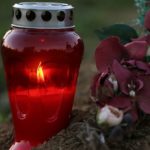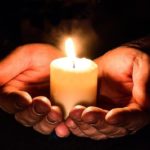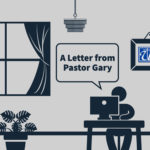
Our prayers surround Ken Overturff and his family on the death of his mother, Kathy, in Mesa, April 29. Kathy and husband Dwight were frequent guests at ULC over the years. She attended our anniversary dinner April 14. Ken first arrived about 30 years ago as a student at ASU and became a member of ULC upon graduation.




